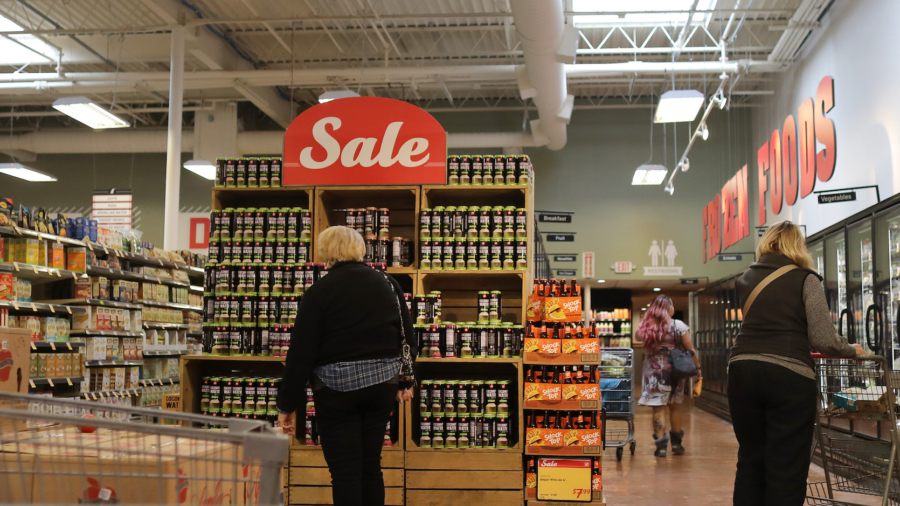Lucky’s Market, the niche grocery chain that bills itself as “organic for the 99%,” filed for bankruptcy protection Monday, the latest in a string of grocery store bankruptcies.
The grocer said it agreed to sell six stores to discount grocer Aldi and five to Publix. Lucky’s said it will continue operating seven stores through bankruptcy. Last week, it announced plans to shutter more than 30 stores around the country.
The bankruptcy is a sign of mounting pressure on small and regional grocers in an industry with wafer-thin margins. Grocery stores are trying to make costly investments to expand online, while also facing pressure from specialty and discount grocers.
Founded in 2003 in Boulder, Colorado, by former chefs with farmers market-style stores and gourmet food, Lucky’s attracted the interest of large grocery chains as it grew, including Kroger. In 2016, Kroger invested in Lucky’s, which at the time had 17 stores.
“Lucky’s approach is very much aligned with our efforts to provide affordable, fresh, organic, and natural foods as part of our customer-first strategy. We expect to learn a lot from each other,” Kroger CEO Rodney McMullen said at the time.
With Kroger’s backing, Lucky’s expanded in Florida. But that expansion, and increased competition from chains like Sprouts, Fresh Thyme and Earth Fare, proved to be untenable.
“The portfolio of company stores was unable to achieve sustainable four-wall profitability,” Lucky’s said in its bankruptcy filing.
In its latest fiscal year ending in early January, the company had an approximately $100 million net loss and a 10.6 percent drop in sales at stores open for at least a year.
In December, Kroger announced it would divest from the chain.
“The amount of investment that it would take for Lucky’s to be a meaningful contributor to Kroger overall and the efforts that it would take, we just didn’t think it created a good return for the investments that were needed to be made,” CEO McMullen told analysts.
Lucky’s has around 3,100 employees, most of whom are hourly workers.
Scott Mushkin, chief executive of R5 Capital, said that Whole Foods’ moves to drive down produce prices was pressuring rival organic chains. Lucky’s has also increased its foodservice offering, which involves a costlier labor model.


